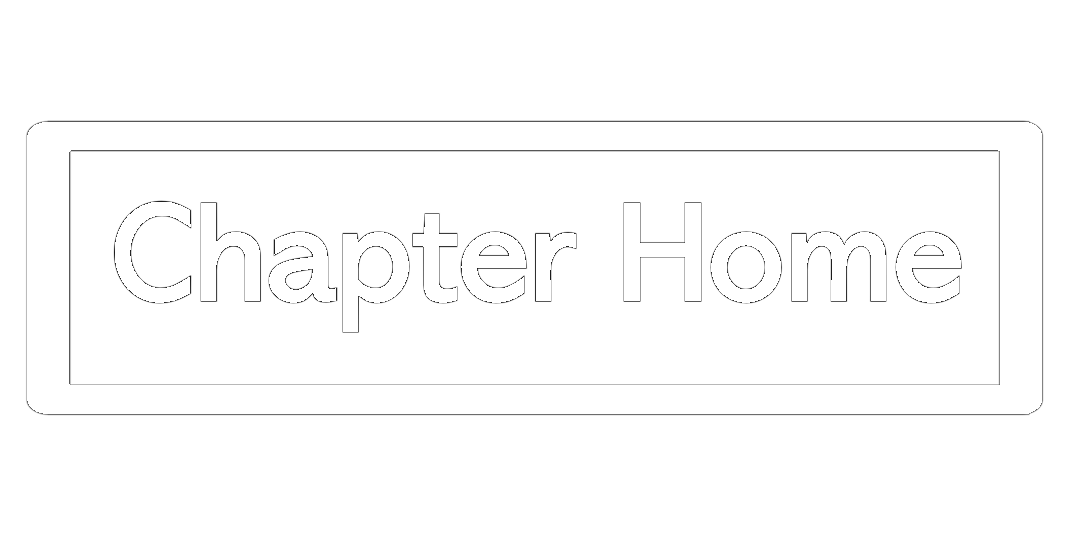Chapter 32, PART 1

When I opened my email today, a student of mine, an accomplished writer, included a prose section about the death of her brother. It powerfully showed her feelings twenty-five years after the death of her brother from a rare blood disorder. Although parental shock might be the most severe, the death of your child affects others as well.
I have told people that “It doesn’t matter to me if I die. I have one foot in the land of the living, one foot in the land of the dead, anyway.” They look at me in alarm as though I am contemplating suicide, which could not be further from what I am saying. I’m trying to illustrate that with a dead child, you know that part of your being is in another realm, whether it be oblivion or afterlife. In the land-of-the-living, I still have my other two children with me. When Logan left, it did not free me from my love or my obligation to my daughter and son, my husband, my parents and humanity in general.

Chapter 32, PART 2

Often, though, in our grief, we find it difficult to comfort others because at the beginning, getting ourselves through a day seems sufficient unto itself. Shock serves a useful purpose here because people expect this of you, but I have had the experience that with some individuals, particularly male, the expectation exists that you’ll feel bad for awhile, but then move on. I am not talking about the father of the deceased child, for I’m sure he experiences intense grief.
At Logan’s death, my younger son Nathan was one week shy of fourteen. Although sad, the death did not seem to impact him as much as I thought it would. If a teenager is killed at a school or dies, the school system brings in grief counselors, yet my son seemed to be handling his brother’s demise without a big display of emotion. This worried me because he seemed almost too adjusted to the death. I talked to Nathan one day, asking him if he felt sad, trying to get to his feelings. His answer was succinct, but accurate. “I feel sad, but there’s nothing I can do about it.” He accepted the finality of it and knew that he could not change what had happened. I wished I could achieve that state of acceptance.

Chapter 32, PART 3

After the first six months or so, I told my husband, Logan’s stepfather, as tears welled in my eyes, that I was having a bad Logan day. He simply looked at me from across the kitchen and did or said nothing. This happened a few times over the course of months, so I asked him, “Why don’t you ever respond when you know I’m feeling bad?”
He told me, “You’ll always feel bad about this. There’s nothing I can do about it.”
His lack of response to my pain reflected more his acceptance of the fact of the finality which my younger son so readily accepted, rather than insensitivity on his part. Another male friend of mine whose wife had lost her father explained he thought this might be a masculine trait. When his wife’s father died, my friend was very supportive the first months and remained supportive, but he admitted that at times he thought, “Can’t we move on from this?” Quite wisely, he never uttered these words to his wife.

Chapter 32, part 4

I recognize that not all males respond the same way, and the way of acceptance might be healthy for some people, but I think for parents, the acceptance does not come so easily. I remember kissing Logan goodbye before the casket closed for the final time, and thinking of him growing in my womb. I was the one who first felt his life and now I was the last one seeing his body leave. It was a hard moment.
A sister-in-law of mine wanted me to counsel my nephew after my son died, as my son and nephew lived together at the time of Logan’s death and were like brothers. I tried to explain to her that I could barely keep myself on an even keel. He maturely told his mother, “I know how awful I feel. I can’t even imagine how bad Aunt Kathy must feel.” I wish I could have been there for him as a counselor, but I still struggle with Logan’s death at times—the first year I would have been incapable of offering help.

Chapter 32, part 5

Ironically, I can counsel my students who often come to me with their problems, but their problems have not as yet involved dead children, so I do not have to neutralize my own feelings to listen and give advice. This perhaps explains my daughter’s dream that I loved my students more than I loved her from which she awoke crying. She’s used to me counseling her, but in this situation, counseling is out of my hands.
Other relatives might not know what to say and when to say it, unless they know you well, but since I cannot predict my reactions to a situation, how could they? At holidays, I bring up my son’s name and they respond, but I initiate the talk because they worry that they might hurt my feelings. A talented friend of my son developed a website in Logan’s name. One of my brothers cannot get through the site without tears and never made it through the full site. I know he feels pain for me, but we try not to talk about it too much because he knows no words of comfort, nor can I give him any that work.
As I wrote this part of the book about the effect upon others, I realized there is a forgotten mother: the grandmother.

Chapter 32, part 6

ACTIVITY
Look at a situation where you felt as though your feelings were minimalized—then, look again, trying to see it through the other person’s eyes. Is it possible that he or she is more like my husband and know they can do nothing? Could she be like my brother and not want to broach a subject that might hurt you? Since we anger more easily after a death, this might help control that impulse.






